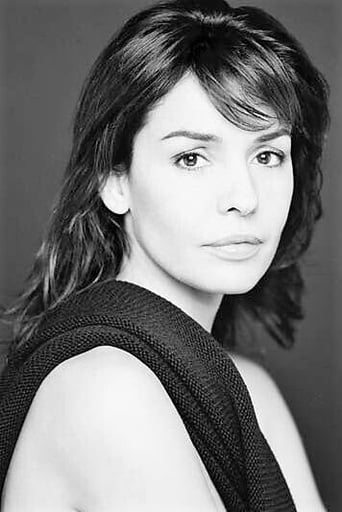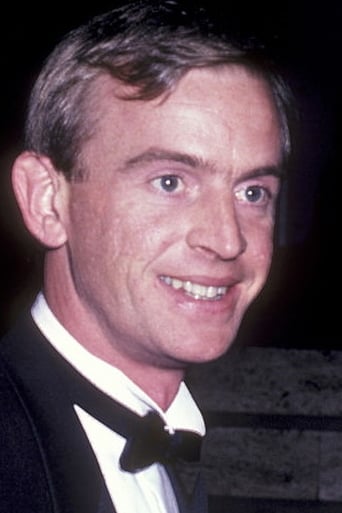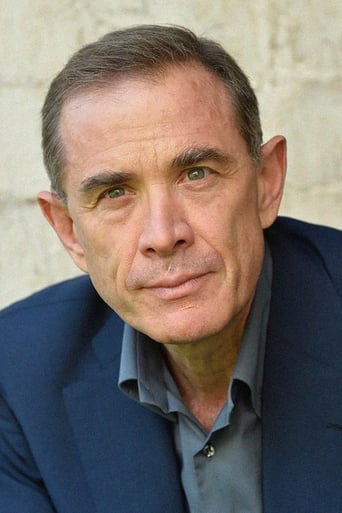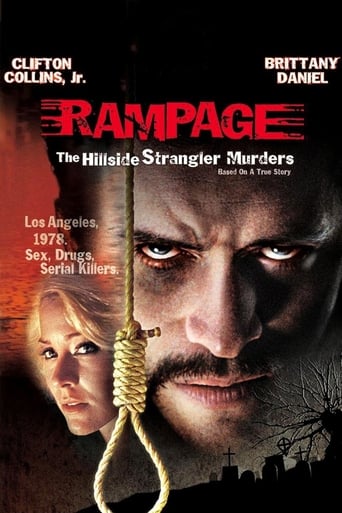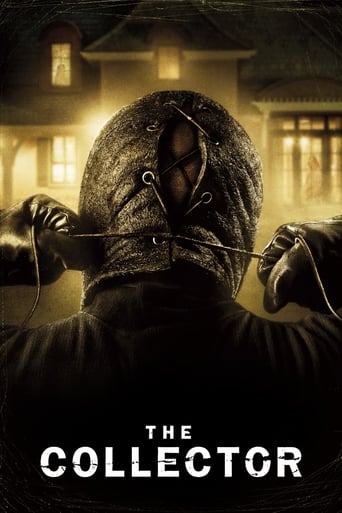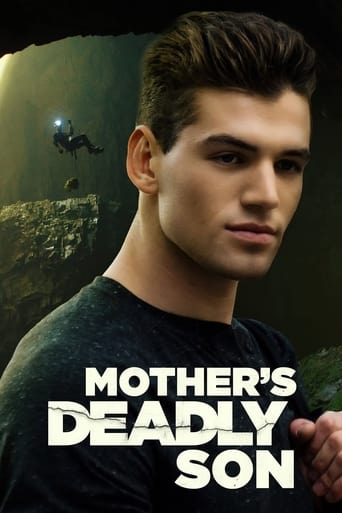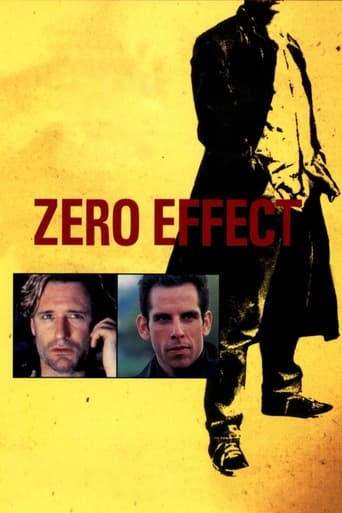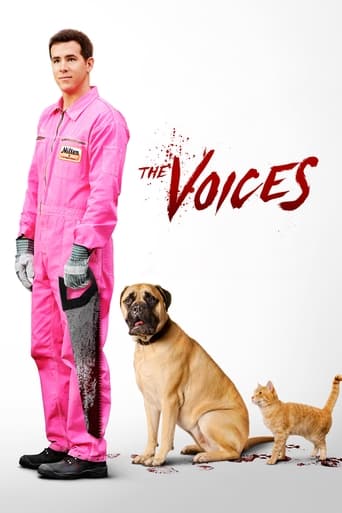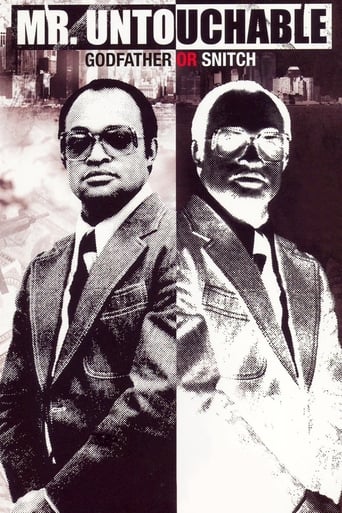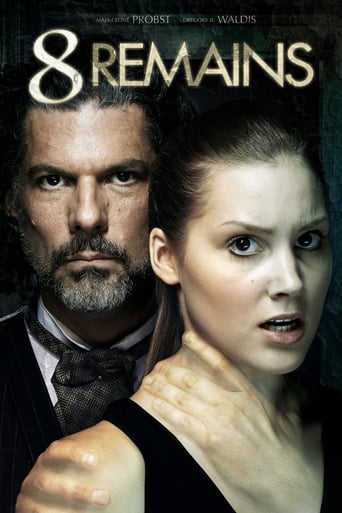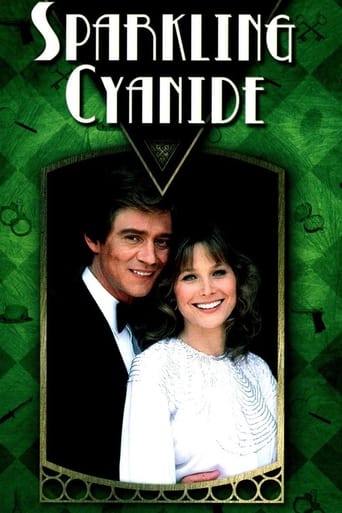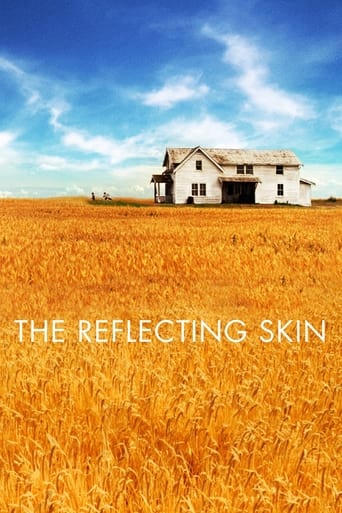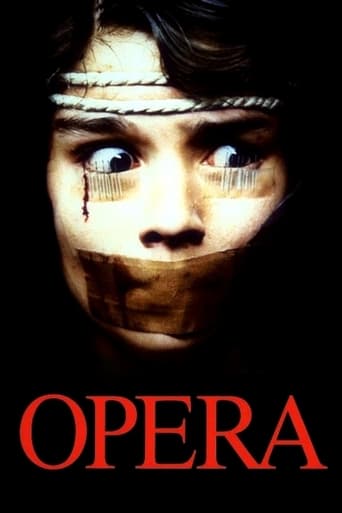
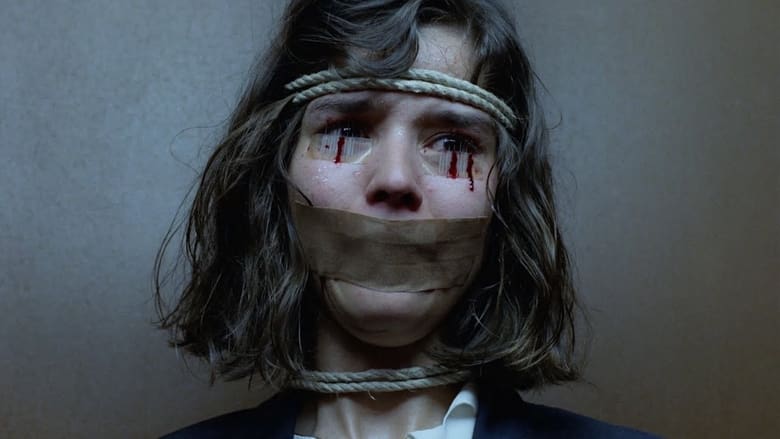
Opera (1990)
A young opera singer is stalked by a deranged fan bent on killing the people associated with her to claim her for himself.
Watch Trailer
Cast


Similar titles
Reviews
"Opera" known as 'Terror at the Opera' in the United States, was amongst Argento's most commercially successful films in his homeland of Italy. Verdi's opera 'Macbeth' is historically known for bringing bad luck to its casts, a fact that is not lost on Argento. Betty takes the lead only after the great 'Mara Czekova' fights with the film's director and breaks her leg (Czekova, who remains unseen throughout the film, was originally to be played by Vanessa Redgrave, who had been in Antonioni's 'Blow-Up' an influence on Argento). Once Betty takes to the stage as Lady Macbeth, a monster from her mother's past is awakened and the killings begin. The crows in the film only screech in the presence of a familiar evil, however the identity of the film's killer is of little consequence; Argento's focus is on the way the Santini forces Betty's gaze. 'Opera's' memorable gimmick has Santini placing a row of needles below Betty's eyes, forcing her to watch the grueling deaths of her friends, the most absurdly over the top being when Giulia is killed and swallows a bracelet in the struggle, forcing Santini to perform an 'autopsy' on her with a pair of scissors. Reinforcing his obsession of sightlessness, Betty's vision is temporarily blurred after she applies some eye drops. Opera's infamous keyhole set piece reinforces Argento's fascination with seeing as a terror mechanism. The finale whilst becoming too silly by half, does link it to its predecessor, with Betty's adventures in the countryside and her encounter with a lizard recalling Jennifer's psychic relationship to insects in 'Phenomena'. Made in 1987, 'Opera' is the end of Argento's influential period. He has made 12 films since of which 'The Stendahl Syndrome' in 1996 is worth a look.
Reading Alan Jones excellent book Dario Argento: The Man, the Myths & the Magic,I noticed Jones mention that despite the title being a box office disaster,that co-writer/ (along with Franco Ferrini) directing auteur Dario Argento's Opera is his last true classic,and also a coda for the final wave of the Giallo sub- genre.With having saved the movie (which came out the year I was born!) for a special occasion,I decided that I would use my birthday as the day that I would witness the last rites of the Giallo.The plot:After lead actress Mara Czekova is injured in a car accident,budding actress Betty gets her hands on the role that she has been dreaming of,when Betty's agent Mira phones up to reveal that stage director Marco has offered her the lead role in his avant-garde opera staging of Macbeth. Ignoring whispers of the production being "cursed" Betty sets her sights on following in her mums footsteps,and becoming the leading diva of the opera world.During one of the first performances,a light from the auditorium comes crashing to the ground.Checking the lighting equipment after the show,the crew discover that an usher has been ruthlessly murdered.Shaken by the experience,Betty attempts to relax with her boyfriend,after receiving some rather strange fan mail.Waiting for her boyfriend to return,Betty is grabbed by a masked stranger,who ties her up,and put needles under the eyes,so that Betty can't look away from what is taking place.Brutally killing her boyfriend,the killer reveals that after being mesmerised by her performance in the opera,that he is going to put on a deadly special show,that Betty will be unable to take her eyes off of.View on the film:For the last big budget Giallo,Dario Argento makes the genres curtain call one which concludes all the themes which he had started in his debut.After taking a look at the effect that violence has on its creators in 1982's Tenebre,the writers here turn their attention to the audience,with the writers superbly using Betty's forced viewing of the murders to slyly suggest that no matter how horrific the killings are,that the viewer is unable to turn their gaze away from the dazzling onslaught,and also showing the level of obsession that fandom can reach.Whilst the "controversial" ending does come a bit from the left-field,the writers make the coda one which sums up topic that Argento had been progressing on since his debut,where animals have a strong connection to the lead ammeter detective,due to them offering an escape route/answer to what the character is searching for.Although the title does mark the end of an era for Argento's major themes,the writers smartly make sure that the title never turns into a mere summarisation,thanks to the film offering harsh Horror lyrics with a Film Noir composition.Keeping the movie to Betty's point of view,the writers show her being dragged into a gritty Giallo word,as Betty finds her glamorous stage life being destroyed in her bullet ridden flat.Pushing Betty's nerves right to the edge,the writers create an extremely creepy atmosphere,with Betty being surrounded by a trusted group of people on the stage,whose image begins to blur,as Betty finds the killer getting literally under her skin.Ignoring all of the myths about "the Scottish play",the 15 week production turned out to be a complete nightmare,(with the disasters being .(deep breath!) 1:original studio Titanus dropping the title due to a major corporate takeover taking place.2:Dario's dad Salvatore dying a month before film.3:co-star Ian Charleson (who would tragically die from AIDS a year later) being involved in a near-fatal crash.4:Vanessa Redgrave signing on to play Mara Czekova,only to turn up to Italy asking for extra cash,which led to Redgrave taking the next flight out of Italy! 5:Dario having furious rows with star Cristina Marsillach,to the point where during a scene involving fire,Marsillach got left with burn marks,and to top it all off 6:Dario treating ex-girlfriend Daria Nicolodi with a vile that would lead to them not working together again for 20 years)yet despite all of the issues,Argento directs the title with an explosive energy.Opening with a breath taking first person tracking shot,Argento and cinematographer Ronnie Taylor unleash a paranoid atmosphere,thanks to Betty's fall into terror being matched by scattering crane shots and knife-edge tracking shots.Basking the stage in vivid, minimalist black & white,Argento and Taylor decay Betty's glamorous life with a brittle,Film Noir bleakness,as Betty finds herself trapped in a Giallo flat,with no sign of light.Whilst her shouting matches with Argento have become legendary, Cristina Marsillach gives a tremendous performance as Betty,which contrasts a diva beauty with a tomboyish attitude,as Marsillach shows Betty being desperate to stay on the acting ladder,whilst also setting her eyes on stopping the murderer from bringing the opera down on a killer note.
With increasing fame comes an increase in budget and investors. Opera feels like the most expensive production from Dario Argento up until that time, although it's still not a budget feature. Of course, money is not all that important. Dario has everything he needs to work his magic, and in the end, (despite a plot that feels more blatantly silly than the rest of his work) Opera turns out to be a very good piece of work, Maybe not his best but certainly his most energetic. Betty is a young opera singer, who is about to make her debut with Macbeth. She is nervous and lacks self confidence, but on aria is all it takes to make her a star. But fame may prove to be a bit more than she can handle, when she discovers that she has a stalker, who is killing everyone she knows.Argento's camera work in Opera is among his best. Nobody composes shots like this today, in part because they draw attention to themselves and their duration interferes with story telling. Argento makes it work nicely. His camera sweeps through the sets almost flawlessly. One of his trademarks of course it to linger in a room, long after a person has walked out of it. This re-directs the viewers attention, causing us to start looking around for what the camera wants us to see. It is almost a form of visual dramatic irony. (Remember the shot of the eye in the closet from Deep Red).Opera is the closet that Dario Argento has come to presenting a climax, even though it is weird and strangely predicable. All of his previous movies seem to end on rushed notes, with someone dying which is followed by a reaction shot, and then the credits. Opera contains what feels like a more solid book ending, the kind you might be hoping for.Another trade mark of Dario Argento, is his scoring decisions. Not Unlike John Carpenter, music usually comes in the form of two or three simple licks rather than an official score. Argento seems to have taste for American rock, as he has recruited renowned musician/producer Brian Eno do write a lick that will go well with a chase scene (or two, or three). Frankly, I think it sounds like too much like 1980's metal for a film that is about Opera. Nobody seems to regard this as one of Dario's best, but Opera may in fact deserve a bit more credit than it has gotten. Sure the plot is a bit flimsy and the dialogue is so-so, but the film has exceptional style and it amounts to a sufficiently weird and wonderful little horror/thriller.
After the lead actress of the opera is killed in a car accident, her young understudy, Betty, is brought to the forefront. That's very lucky for her, with one problem: she has an admirer that has decided he will kill all her friends and make her watch. What is his connection to the opera, and what is his fascination with Betty? I love Dario Argento with every part of my body. And I'm not an orthodox fan, I think. Many people, particularly critics, praise his earlier work ("Suspiria" and "Deep Red") but really frown on later films, such as "Sleepless", which I liked. My favorite, "Phenomena", is usually vastly underrated. "Opera" tends to fall somewhere in between. Some consider it one of his last great films, others see it as part of his so-called decline. I loved it.The picture is crisp, the music is great (unlike other critics, I love the metal soundtrack), the female lead is someone I can feel for (not unlike Jennifer Connelly from "Phenomena"). And the imagery... wonderful. Great cinematography, and some amazing kill scenes. The concept of taping needles to a person's eyes so they cannot blink... brilliant. My assistant Tina thinks this looked fake, but even if it does, the idea is more than enough to pay off. And some great effects, like a knife blade coming up inside a man's mouth? Awesome.Jim Harper calls the film "stunning" and calls attention to the "innovative cinematography, well-constructed shots and exceptionally violent murders." I agree with this completely -- one shot follows the camera through winding tunnels, and there is a very interesting visual use of crows throughout the story. Mike Mayo likewise calls it "visually fascinating eye-candy" and lauds the "crisp editing and flowing camera-work". It's really a wonder that this is not one of Argento's more highly-praised works.Argento returned to the opera with "Phantom of the Opera", which was a bit of a failure despite the casting of his daughter Asia and Julian Sands. Even more interesting, this same year offered the release of Michele Soavi's "Stagefright", which (like "Opera") has a killer loose inside a theater killing off the people involved with the presentation. Both are great films, with Soavi's more on the slasher side. (Soavi actually served as second unit director on "Opera"... you can make your own conclusions.) My only complaint with this film is the length and pacing. While it is very beautifully shot and the kill scenes are glorious, they are not as frequent as they should be. The first one takes over a half hour, and then we get down times between them. The lead actress should be in constant terror, but she is given time between kills to calm down as if everything is normal again. Not cool, Dario. We need to keep the suspense low and the intensity high.


